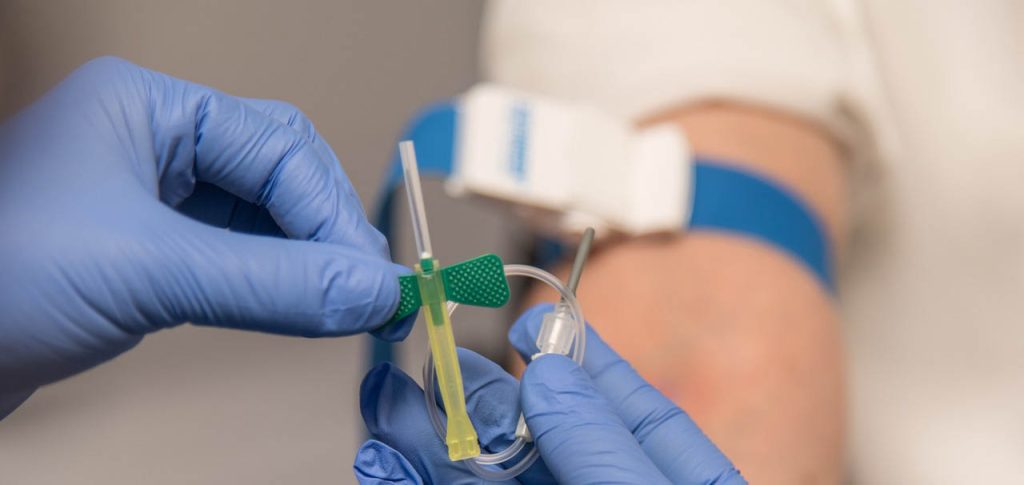June 27, 2023

Blood supply chains can be complicated. On one hand, healthcare providers must make sure they have enough to meet demands, which can be unexpected. On the other hand, roughly 20 million donated platelets are discarded each year because they expire before they’re needed.
Suchi Rajendran, an assistant professor of industrial and systems engineering, has been working on this problem for more than a decade.
In her latest paper, published in Healthcare Analytics, she’s devised a system that could customize solutions based on optimizing multiple criteria.

“Typically people use single objective functions, but in this case, several conflicting factors have to be considered,” she said. “If you have too much, platelets are perishable and are going to be wasted. But if you don’t have enough, you’re going to have a shortage and people will be denied service. The goal of the paper is to separate these into two components, taking conflicting factors into consideration to provide the best compromised solution.”
Rajendran’s analytics also take into consideration the cost of transporting blood units from blood banks to hospitals and other providers.
It’s believed to be one of the first papers to consider multiple objectives in the blood supply chain.
“So far, most of the papers that have been published have considered hospital inventory policies, but we’ve looked at the entire blood supply chain,” she said. “If you’re going to solve the problem, you can’t do it piece by piece. You have to look at it from a holistic approach.”
Rajendran has worked on the problem with pathologists in both Missouri and Pennsylvania who agree a blood inventory model is needed. She hopes her model provides a foundation that can lead to recommendations that ensure healthcare providers have enough blood, red blood cells and platelets to meet demand but not so much that product is wasted.
The model could be the first step to developing a decentralized database, known as blockchain, for blood supplies. Blockchain allows multiple stakeholders—in this case blood banks and health providers—to share information in a secure, transparent manner. Users can add to blockchain but cannot change data already recorded.
“Hospitals have certain policies, and doctors are the ultimate decision makers,” Rajendran said. “Our goal is not to change that but rather to provide recommendations to find the best possible solutions. Otherwise what happens is hospitals tend to order more than what’s required, which is what leads to waste. We need a system to look at how much product is needed versus how much is being wasted. This paper outlines how you can do that.”
Learn to optimize processes in real-world settings. Learn more about industrial and systems engineering at Mizzou.